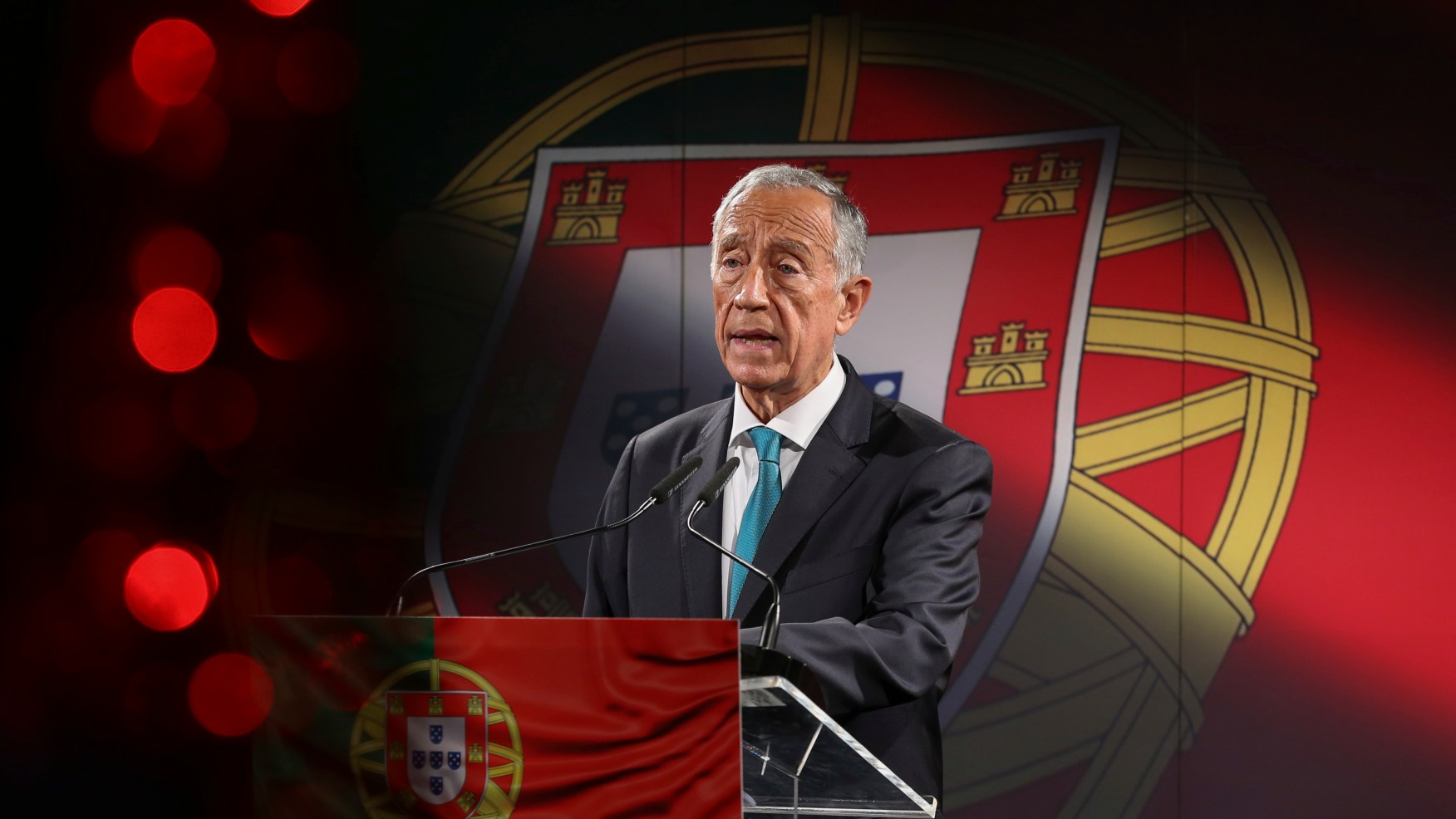Political Parties Await Presidential Decision In Portugal's Prime Minister Selection

Table of Contents
The Aftermath of the General Election
The recent Portuguese general election resulted in a fragmented political landscape, leaving no single party with a clear parliamentary majority necessary to form a government. This outcome has triggered a period of intense negotiations and political maneuvering as parties attempt to secure the necessary alliances. The election showcased a shift in voter preferences, with traditional powerhouses facing challenges from emerging forces.
- Percentage of votes received: (Insert actual percentages for each major party – e.g., Socialist Party: 30%, Social Democratic Party (PSD): 25%, Left Bloc: 10%, etc.)
- Number of seats won: (Insert actual seat numbers for each major party in parliament.)
- Initial reactions: (Summarize the immediate post-election statements from key party leaders, highlighting their intentions regarding coalition negotiations.)
The Role of the President in the Selection Process
The Portuguese Constitution grants the President, Marcelo Rebelo de Sousa, a significant role in the Prime Minister selection process. He is tasked with formally nominating a candidate who he believes commands the confidence of parliament. This involves a series of consultations with the leaders of various parties to assess the feasibility of forming a government.
- Formal consultations: The President holds individual meetings with party leaders to gauge their willingness to support potential candidates and explore the possibility of coalition agreements. These meetings are confidential but their outcomes heavily influence the President's decision.
- Timeline for appointment: The constitution provides a timeframe for the appointment, though it can be extended depending on the complexities of the negotiations. Delays could potentially lead to new elections.
- Potential scenarios: Several scenarios are possible. The President could successfully nominate a candidate who secures a parliamentary vote of confidence. Alternatively, if negotiations fail to produce a viable candidate, the President might dissolve parliament, leading to new elections.
Key Players and Their Strategies
The Portugal Prime Minister Selection hinges on the strategies employed by several key political parties. The most prominent are the Socialist Party (PS), the Social Democratic Party (PSD), and the Left Bloc, among others. Each party is actively pursuing alliances that would allow them to secure a majority in parliament.
- Short profiles of party leaders: (Include brief biographical details and political profiles of the leaders of major parties.)
- Potential coalition combinations: (List potential coalitions, e.g., PS-Left Bloc coalition, PS-PSD coalition, etc., outlining their likelihood based on previous political alliances and policy positions.)
- Strengths and weaknesses of coalitions: (Analyze each potential coalition's strengths and weaknesses concerning its policy platform, internal cohesion, and public support.)
The Socialist Party's Position
The Socialist Party (PS), typically a leading force in Portuguese politics, is strategically evaluating its options. Their aim is to secure a parliamentary majority, either through an outright victory or by forming a coalition. Their policy priorities likely center on social welfare, economic recovery, and maintaining strong ties with the European Union. However, forging a stable coalition could present challenges.
The PSD's (Social Democratic Party) Position
The PSD, traditionally a center-right party, also faces a strategic challenge. They're likely to explore coalition opportunities, aiming to secure power either by leading a coalition government or by securing a confidence vote. The PSD's policies usually focus on economic liberalization, fiscal prudence, and a relatively conservative social agenda. Their prospects depend on their ability to forge alliances and gain public trust.
Potential Implications for Portugal's Future
The outcome of the Portugal Prime Minister Selection will have significant consequences for Portugal's future. The composition of the new government will directly impact various aspects of national life.
- Potential impact on economic policy: Different coalitions will likely adopt varying approaches to economic policy, influencing issues like taxation, investment, and social welfare programs.
- Potential impact on social policy: The new government's stance on social issues like healthcare, education, and pension reform will directly affect the lives of Portuguese citizens.
- Potential impact on foreign policy: The new government's approach to international relations, particularly with the European Union, will have an impact on Portugal's role within the EU and its global standing.
Conclusion
The selection of Portugal's next Prime Minister is a pivotal moment for the country, with far-reaching consequences. The President's decision, following consultations with various political parties, will shape the nation's political landscape and determine the direction of its future policies. The outcome of this Portugal Prime Minister Selection process will be closely watched both domestically and internationally. Stay informed and follow the latest updates on this crucial political development. Understanding the complexities of the Portugal Prime Minister Selection process is key to understanding Portugal's future.

Featured Posts
-
 Analisa Harga Jual Kawasaki Z900 Dan Z900 Se Yang Lebih Rendah Di Indonesia
May 30, 2025
Analisa Harga Jual Kawasaki Z900 Dan Z900 Se Yang Lebih Rendah Di Indonesia
May 30, 2025 -
 Gorillazs 25th Anniversary Details On The Exhibition And Special Shows
May 30, 2025
Gorillazs 25th Anniversary Details On The Exhibition And Special Shows
May 30, 2025 -
 Guillermo Del Toros Pacific Rim Exploring The Unmade Sequel
May 30, 2025
Guillermo Del Toros Pacific Rim Exploring The Unmade Sequel
May 30, 2025 -
 Marvel Sinner And Beyond The Importance Of Post Credits Scenes
May 30, 2025
Marvel Sinner And Beyond The Importance Of Post Credits Scenes
May 30, 2025 -
 Gouweleeuw Bij Fc Augsburg Een Nieuwe Era Onder Nieuwe Leiding
May 30, 2025
Gouweleeuw Bij Fc Augsburg Een Nieuwe Era Onder Nieuwe Leiding
May 30, 2025
